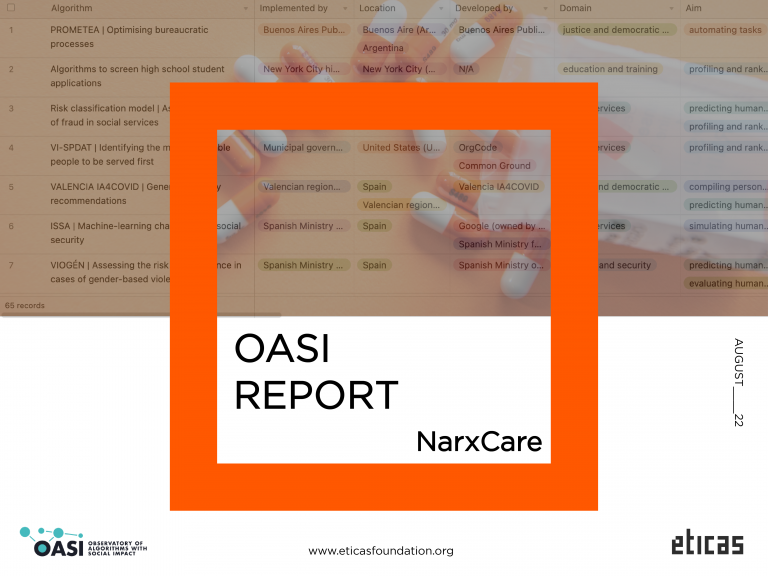
Target, a large American retailer, implemented in 2012 a software designed to improve customer tracking practices in order to obtain better predictions over customers’ future purchases. The system would create profiles of customers through credit card information and would cater advertisements and target coupons to profiles with certain purchasing behavior. For example, the system recognized 25 products that, when purchased together, suggested that the buyer had a high probability of being pregnant (ibid). Upon Target identifying a possible pregnant customer, it would send coupons for maternity products, baby food, etc. In 2012, upon receiving emails with offers of products for babies, a father went to his local target demanding to speak with a manager. He yelled at the manager, saying, “My daughter got this in the mail! She’s still in high school, and you’re sending her coupons for baby clothes and cribs? Are you trying to encourage her to get pregnant?” The manager apologized to him that day but a few weeks later the father found out that his daughter actually was pregnant–Target just happened to know before him (ibid).
The story illustrates how although Target complied with all current privacy laws, predictive analytics has the power to affect the right of individuals to their own intimacy (Kashmir, 2012).






